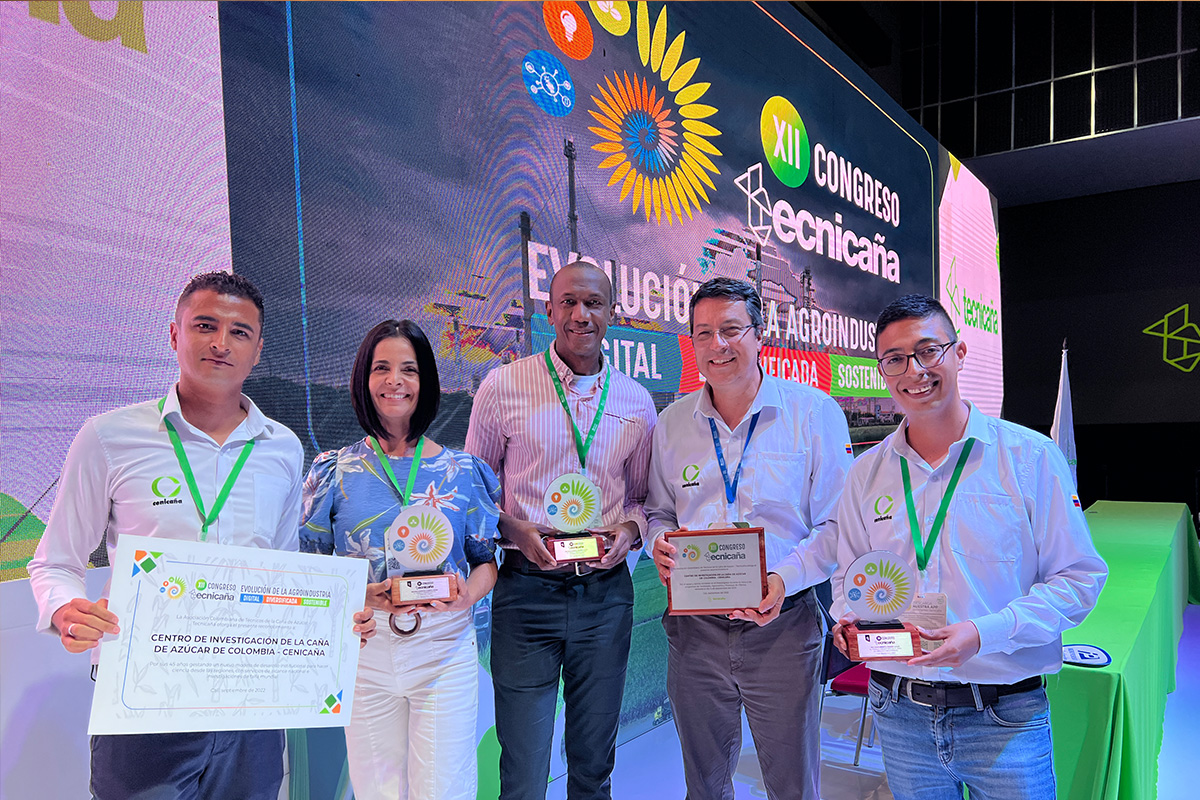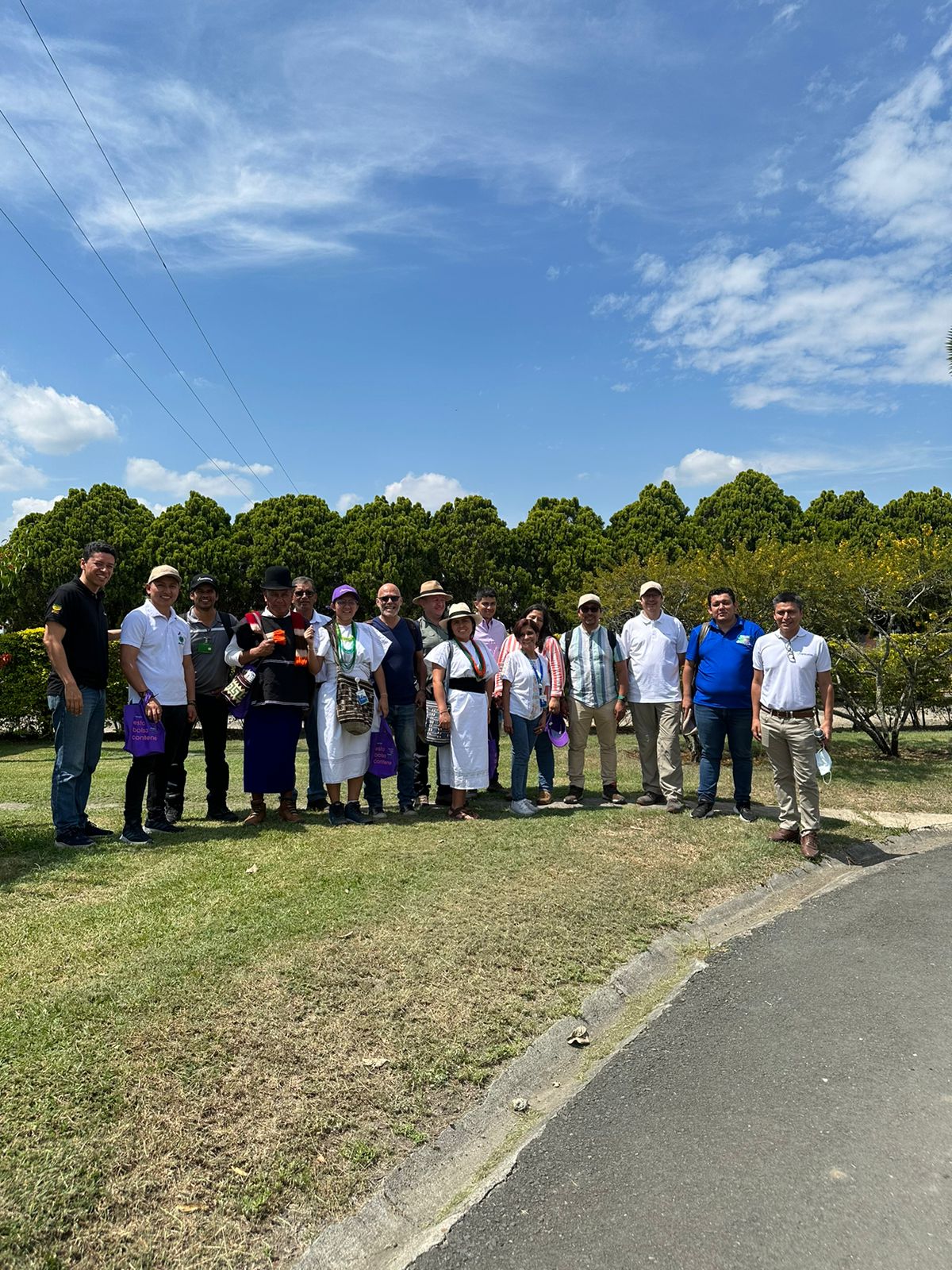The Colombian sugarcane agroindustry, through Cenicaña, shared at the IV International Conference on Biofuels, advances in research projects for alternative uses of ethanol and use of crop residues, which contribute to reducing greenhouse gas emissions greenhouse.
Since 2018, the Colombian sugarcane agroindustry, through Cenicaña, has been advancing in a research project that seeks to give alternative uses to the ethanol produced in the country and thus accelerate the energy transition.
The research consists of injecting ethanol into the engine air intake, with the purpose of modifying its density, in such a way that by having more air, less fuel is consumed and, consequently, greenhouse gas emissions are reduced without the engine loses strength or power.
The results of this project were socialized in the Scientific Room that was organized within the framework of the IV International Conference on Biofuels, which takes place in Cali between April 26 and 28.
“Currently, progress is being made in different laboratory and road tests in the region to determine productive indicators such as fuel consumption and maintainability of equipment that uses ethanol spray. From the results of this validation, economic and environmental opportunities will arise for the region and the country”, explained Nicolás Gil, director of the Factory Processes Program of the Research Center.
This international meeting was also the opportunity to share other innovation projects towards energy sustainability from sugarcane, such as transforming harvest residues into pellets for use as fuel.
This research seeks to understand the pelleting process under the conditions of the Colombian agroindustry. Pilot scale tests of pellet production are currently being carried out to evaluate the production and performance of biomass pellets as fuel in the boilers of the sugar mill factories. The implementation of densification technologies would also open the doors of the European market, one of the main importers of densified products from biomass.
Within the framework of the IV International Conference on Biofuels, Asocaña and Fedebiocombustibles, together with the Toyota brand, exhibited the Corolla Cross XRX Hybrid, a hybrid vehicle that runs on 100% Colombian bioethanol, which could be an alternative within the strategy of the National Government to promote the energy transition.
The Toyota Corolla Cross XRX Hybrid begins a non-commercial exhibition tour for six months through different cities, so that Colombians learn about the characteristics and advantages of driving a 100% bioethanol hybrid vehicle, a technology that significantly reduces the carbon footprint.
“From the sugar mills we understand that the country's energy matrix requires the contribution of different sources of renewable energy, where bioethanol is a competitive alternative with great potential for sustainable mobility. We have large players waiting for public policies and legal certainty to encourage investment and promote the production of bioethanol”.
Claudia Calero, president of Asocaña















